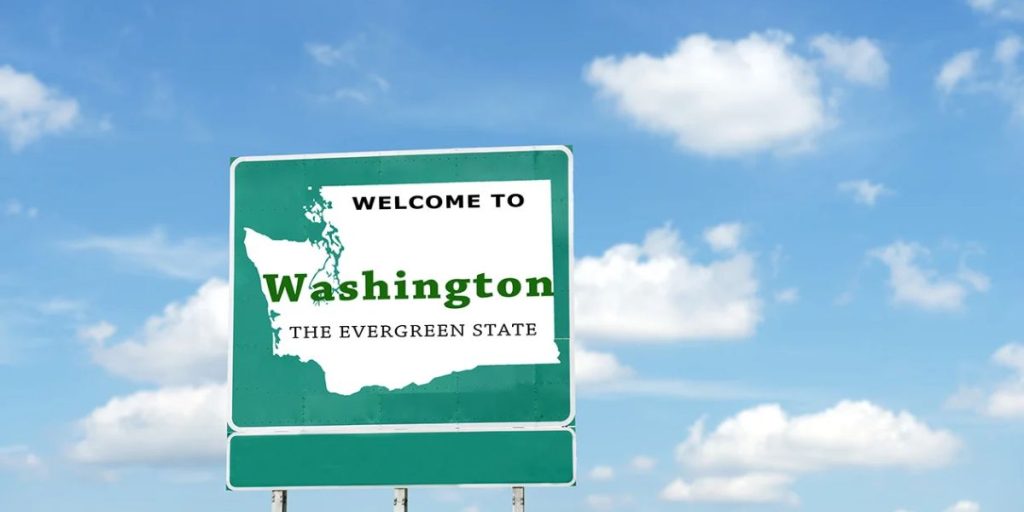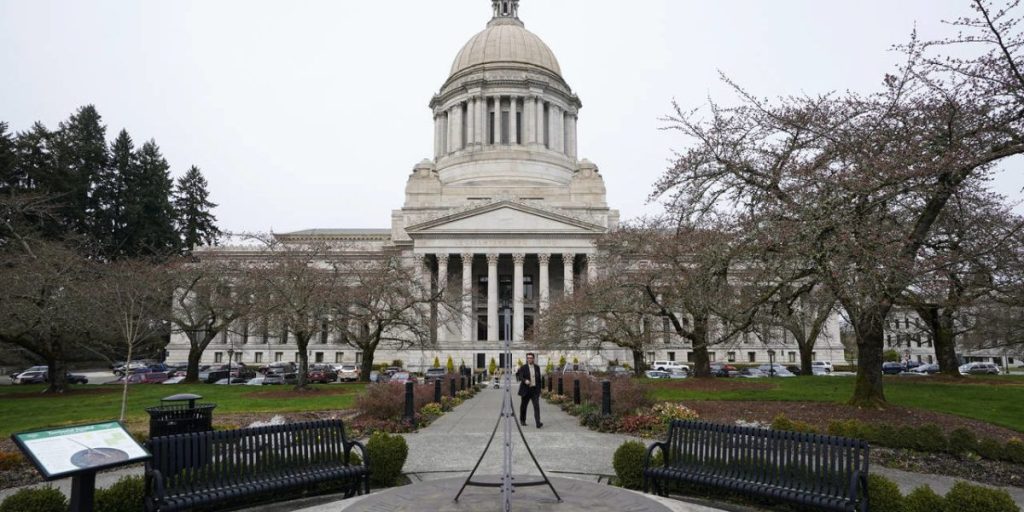On Tuesday, state lawmakers took another step toward banning natural gas in Washington.
House Bill 1589, which failed to pass the legislature last year, is being reconsidered, with a revised version clearing the House Tuesday by a vote of 52-45.
The bill would prohibit any gas company with more than 500,000 customers, including Puget Sound Energy (PSE), from connecting new natural gas lines to new residential or commercial buildings, with limited exceptions for certain manufacturing, medical care, correctional, and military facilities. PSE would also be relieved of its current obligation to provide natural gas service to existing customers, as required by state law.
The measure states that the ban will apply to any new development after June 30th, 2023. If adopted, it would go into effect immediately due to an emergency clause incorporated in the law.
On the House floor, the bill’s major proponent, Rep. Beth Doglio (D-Olympia), stated that this version “has tools that help to protect ratepayers and increases transparency.” Rather than looking at their gas and electric systems separately, they’ll be able to view the system as a whole.”

She admitted that the law is not perfect, but that it has changed significantly from the initial measure in response to stakeholder criticism.
Among them, a sentence about the ban on future natural gas was left blank. Doglio clarifies that the goal is to “continue the discussion about PSE’s obligation to serve natural gas as we approach 2050.”
State lawmakers previously set a goal of reducing energy use in new development by 70% by 2031. Buildings should not emit greenhouse gases by 2050 in order to meet Washington’s climate goal of achieving economy-wide carbon neutrality.
Numerous builders and developers are passionately opposed to the idea, claiming that consumers have the right to pick their energy source.
“Not nearly two weeks have passed since thousands of Washington residents battled extremely cold winter weather, prompting PSE to ask them to limit their energy consumption to relieve grid strain. “Our electrical grid will fail if natural gas is no longer used to heat homes and water,” said Greg Lane, executive vice president of the Building Industry Association of Washington (BIAW).
PSE’s latest push to decrease energy
Puget Sound Energy (PSE) urged that its customers minimize their use of both natural gas and electricity on Saturday, during a historic cold wave over the weekend of January 13. A spokeswoman stated at the time that “the extreme cold facing the region has utilities experiencing higher energy use than forecast” and that PSE needed to relieve grid strain.
PSE also notified 260,000 customers of a “flex event” on Jan. 12 that lasted four hours in the afternoon and evening owing to cold weather-related energy usage. Customers who participate in Flex Smart allow PSE to automatically decrease the thermostat during flex events.
Lane and other builders argue that this demonstrates the lack of infrastructure to handle a natural gas prohibition.
Republican lawmakers concur, stating that this is not the time to explore reducing or rationing natural gas. Some senators who oppose the plan are now warning of the “serious threats” to the grid posed by whole-home electrification.
Rep. Chris Corry, R-Yakima Valley, claims that in the newer subdivision where he resides, “homes are basically forced into heat pumps to comply with the building mandates that currently exist.”
While this may appear to be a good thing in Olympia because heat pumps function well there, heat pumps cannot keep up in areas with naturally fluctuating temperatures between winter and summer.”

Rep. Mary Dye, R-Pomeroy, joined in, claiming that households in the Puget Sound region struggling with rising housing and transportation costs will “now pay substantially more over time on their utility bills” and that the plan to fully electrify is insecure and unsustainable.
New codes are being considered
As the bill progresses, Washington’s State Building Code Council (SBCC) is considering new codes that significantly limit access to natural gas, including approving energy codes that restrict natural gas and propane in new residential and commercial construction, similar to what this bill would require.
Last February, the BIAW and a coalition of trade associations, union representatives, businesses, and homeowners filed a lawsuit in Thurston County Superior Court to block it. In light of it, as well as an additional federal legal challenge, the council resolved to postpone the codes’ implementation date until March 15, 2024.
The group intends to file new pleadings in the Thurston County Superior Court case this week.